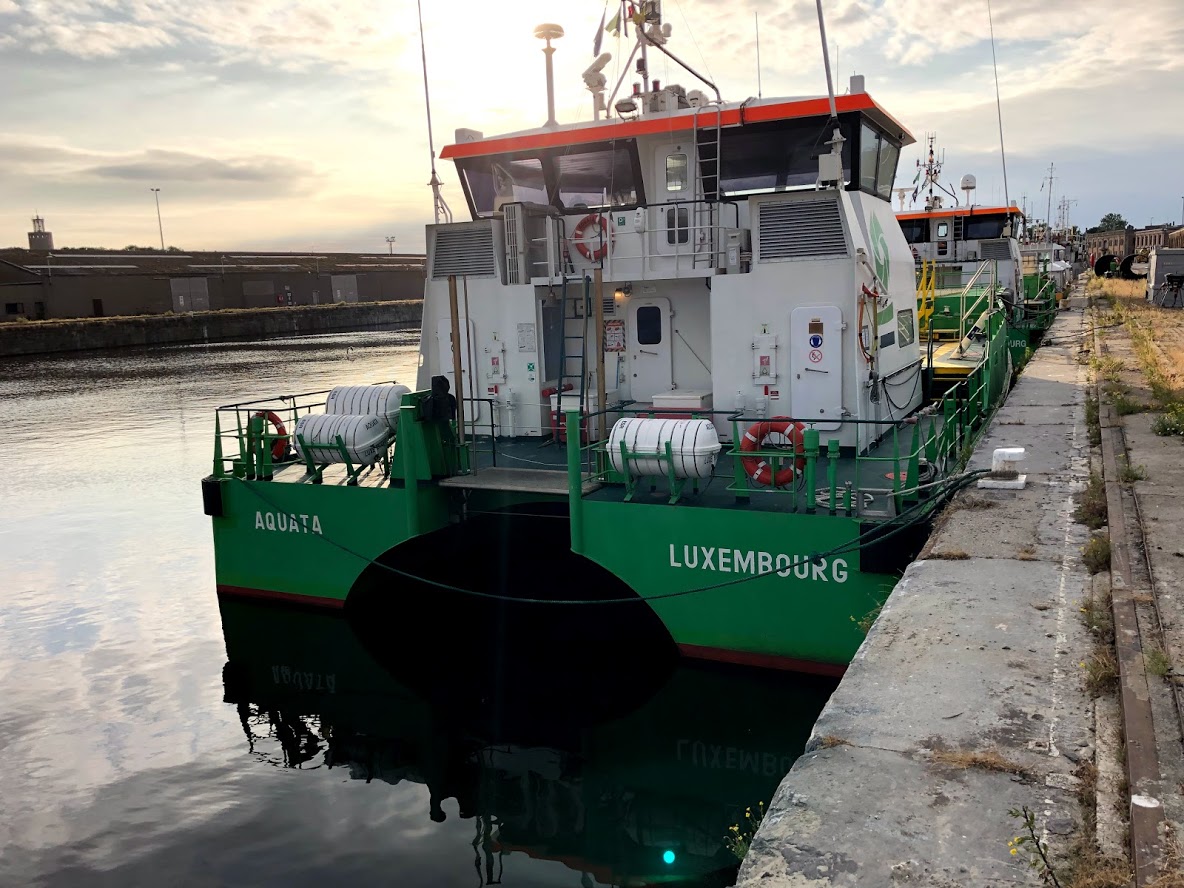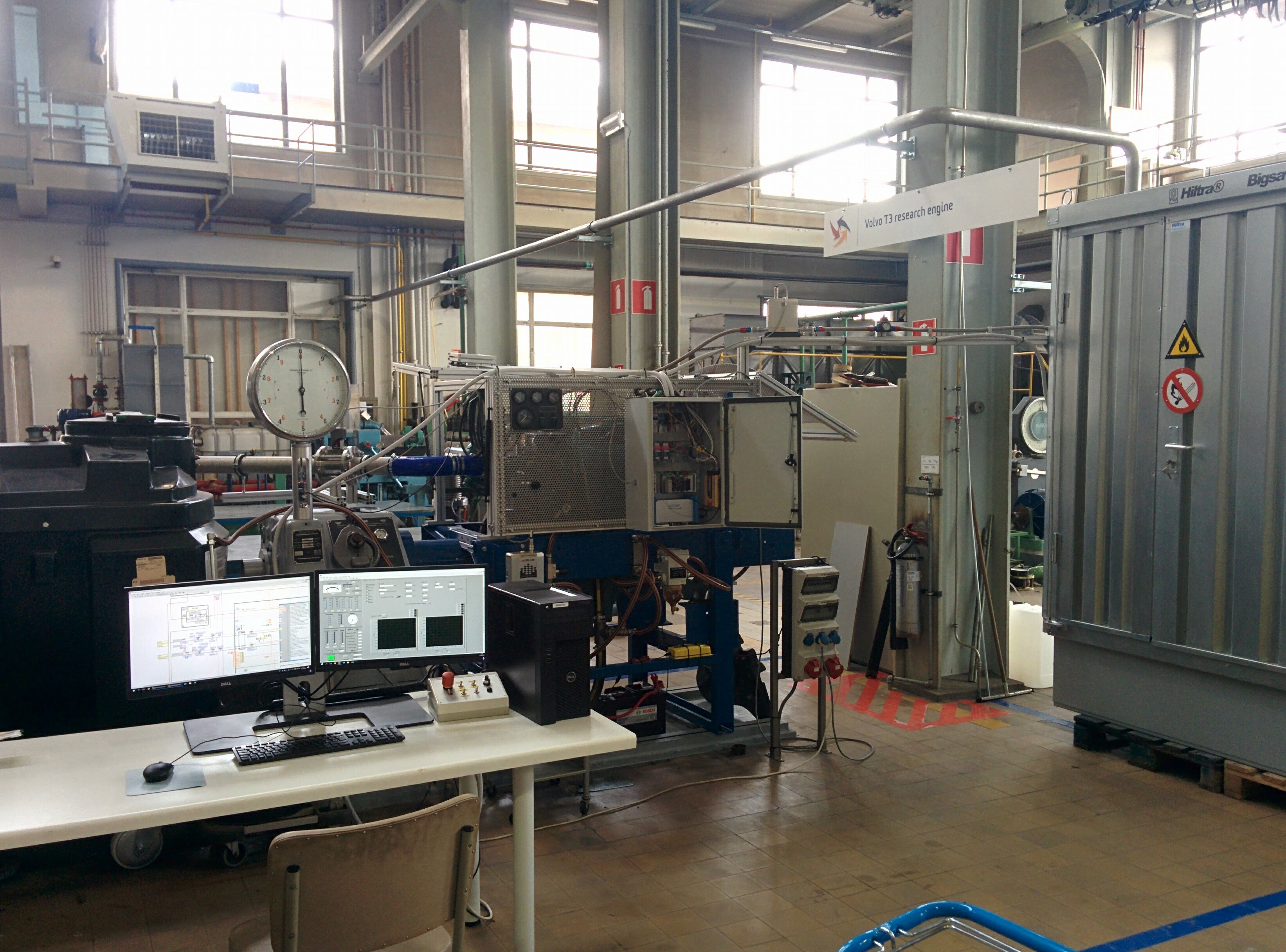Probleemstelling:
Global warming, a growing maritime transport, and the roadmap away from fossil fuels towards a CO2 neutral economy are driving innovations and technology developments in the marine sector. Given that the main marine propulsion is via compression ignition (CI) engines and with fossil fuels such as heavy fuel oil and diesel, the marine industry is looking for alternatives. Electric propulsion and fuel cells are looked at amongst others. However, fuel solutions that have a higher energy density are required for the longer distances, which are difficult to achieve with the low energy density of batteries and the low maturity of the fuel cell technology.
Fuel selection criteria such as sustainability, scalability and storability lead to the selection of methanol as a viable alternative for fossil fuels. It is a simple molecule, it is liquid at atmospheric conditions (a main advantage over LNG and H2), and it can be produced from a variety of feedstocks like natural gas, biomass and even from CO2. It is furthermore a top 5 worldwide shipped chemical which makes it readily available for commercial applications [1]. Methanol is a great engine fuel for spark ignition (SI) engines given its high octane number. If we want to use methanol in CI engines, the engine has to be operated with a dual-fuel combustion strategy where diesel has to ignite the methanol-air mixture, being as such a “liquid spark”.
The research group Transport Technology has retrofitted in its lab a high-speed marine Volvo Penta D7C-B TA to dual-fuel operation as part of the European Horizon 2020 financed project LeanShips [2,3]. The engine is equipped with a measurement system for acquiring a.o. mass flows, temperatures and pressures; and can operate with different operating strategies such as throttling, single and multiple point methanol injection. In 2019-2020 a system has been added to test hydrous methanol and in 2020-2021 two other systems are being added: an EGR system and an intake air temperature and pressure control system.
A general introduction to this research can be found on YouTube [4] and on URGENT.fm [5].

